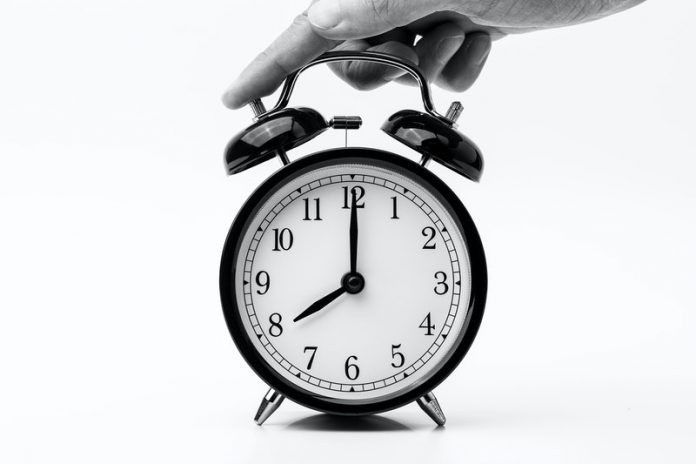
In a new study from University of Colorado Boulder, researchers found that waking up just one hour earlier could reduce a person’s risk of major depression by 23%.
They found the strongest evidence yet that chronotype—a person’s propensity to sleep at a certain time —influences depression risk.
Previous studies have shown that night owls are as much as twice as likely to suffer from depression as early risers, regardless of how long they sleep.
But because mood disorders themselves can disrupt sleep patterns, researchers have had a hard time deciphering what causes what.
In the study, the team analyzed data from the DNA testing company 23 and Me and the biomedical database UK Biobank.
More than 340 common genetic variants, including variants in the so-called “clock gene” PER2, are known to influence a person’s chronotype, and genetics collectively explains 12-42% of our sleep timing preference.
The researchers assessed genetic data on these variants from up to 850,000 individuals.
In the largest of these samples, about a third of surveyed people self-identified as morning larks, 9% were night owls and the rest were in the middle.
Overall, the average sleep mid-point was 3 a.m., meaning they went to bed at 11 p.m. and got up at 6 a.m.
The researchers found those with genetic variants which predispose them to be early risers also have a lower risk of depression.
Each one-hour earlier sleep midpoint (halfway between bedtime and wake time) corresponded with a 23% lower risk of major depressive disorder.
Put another way, if someone who normally goes to bed at 1 a.m. goes to bed at midnight instead and sleeps the same duration, they could cut their risk by 23%; if they go to bed at 11 p.m., they could cut it by about 40%.
It’s unclear from the study whether those who are already early risers could benefit from getting up even earlier. But for those in the intermediate range or evening range, shifting to an earlier bedtime would likely be helpful.
Some research suggests that getting greater light exposure during the day, which early-risers tend to get, results in a cascade of hormonal impacts that can influence mood.
Others note that having a biological clock, or circadian rhythm, that trends differently than most peoples’ can in itself be depressing.
The team stresses that a large randomized clinical trial is necessary to determine definitively whether going to bed early can reduce depression.
If you care about depression, please read studies about this common bowel problem may increase depression risk and findings of common anti-inflammatory drugs could reduce depression effectively.
For more information about depression and your health, please see recent studies about this personality trait may prevent depression and results showing that a new way to help people with chronic pain, depression.
The study is published in JAMA Psychiatry. One author of the study is Celine Vetter.
Copyright © 2021 Knowridge Science Report. All rights reserved.



